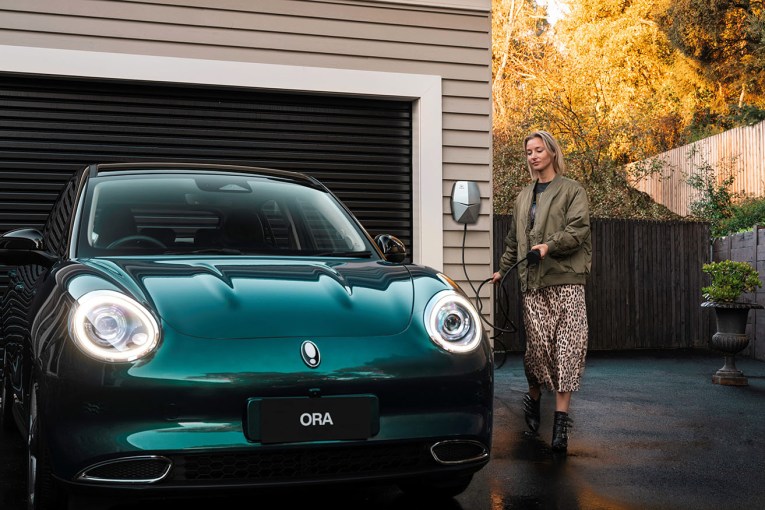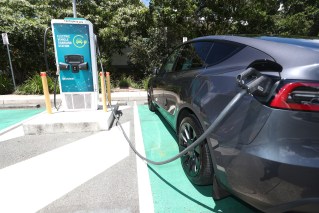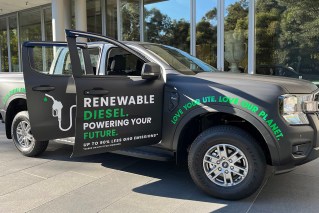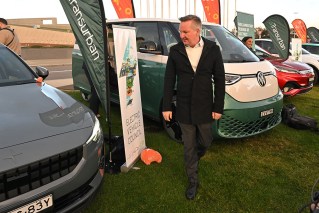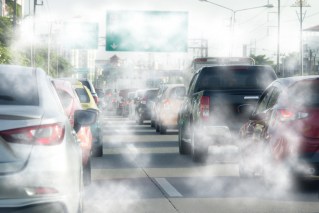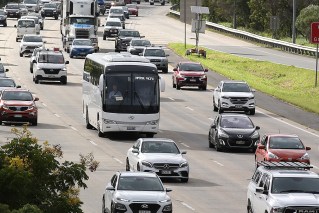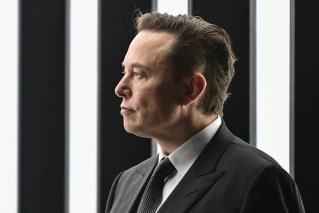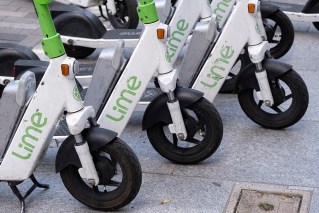Fuel economy: how to get the most out of your petrol

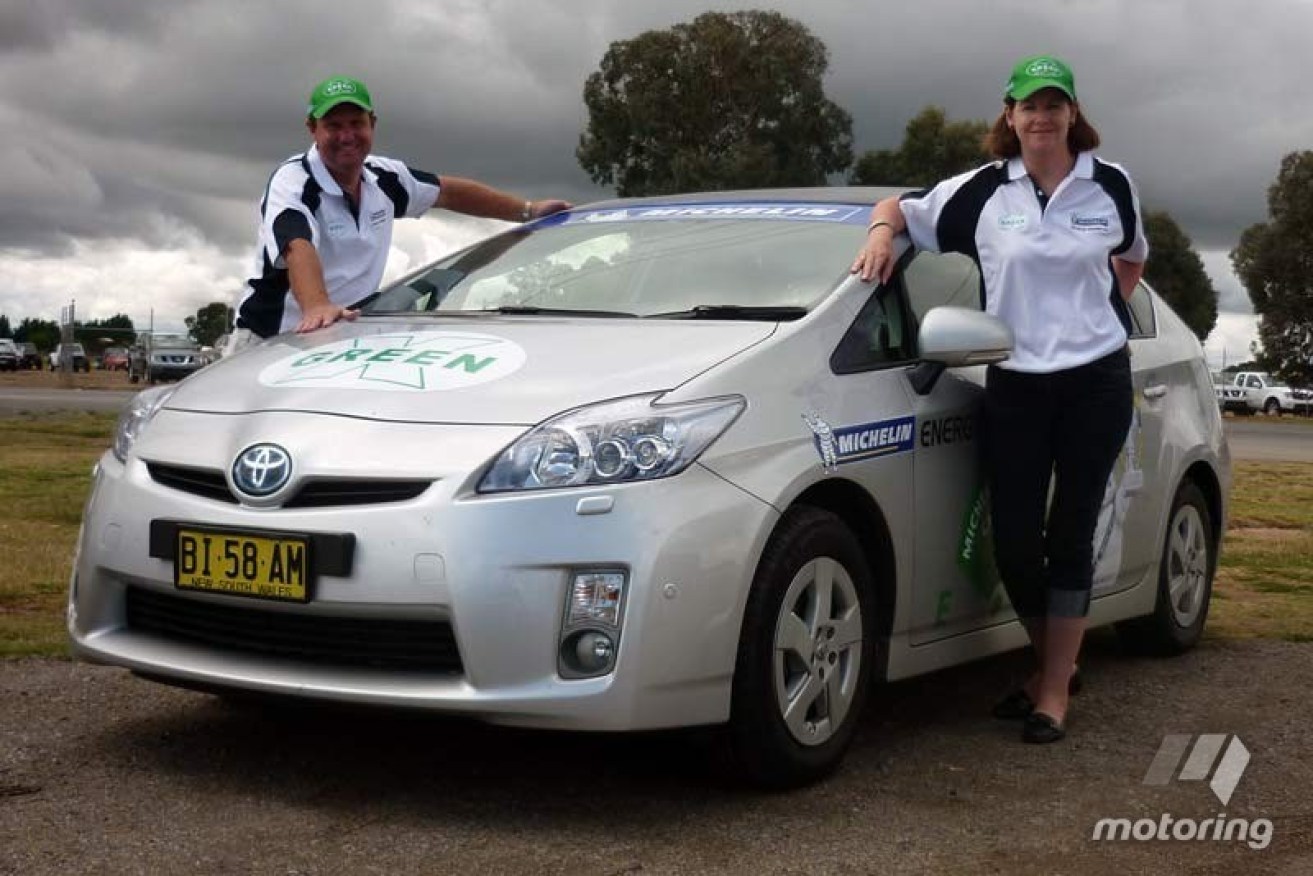
John and Helen Taylor are experts on efficiency.
Despite cheaper fuel prices, motorists are forever looking for ways to both reduce their fuel bills and their carbon footprints.
While fuel-saving technologies – like automatic stop-start engines – are not available to everyone just yet, there are a few failsafe methods for extending the lifespan of a tank of petrol.
• Cheap fuel: is it really such good news for consumers?
Helen and John Taylor from the Fuel Academy are often known as the “world’s most fuel efficient couple”, holding more than 80 driving records, and 42 fuel economy driving world records.
One such record is the ‘longest distance on a single tank’ which was on an official drive from Melbourne to Rockhampton in 2002, where they managed 2348.3km driving a Peugeot 406 HDi diesel.
Suffice to say, the Taylors know a few things about efficient driving.
“It doesn’t matter what car you drive,” Mr Taylor says. “It’s about smart driving.”
Here are the Taylors’ tips for cutting down on fuel use.
Keep pumped
Ensuring your tyres are properly inflated will not only ensure you get optimal fuel efficiency, but will also improve tyre wear and won’t impact handling.
“There’s a million and one different things you can do before you get into your car but the most important is to check your tyre pressure. You can do it when you go to the fuel station, it takes about two minutes, but makes a big difference. For every one psi that your tyres are under inflated, you’re wasting three per cent fuel efficiency.”
Stay calm
The way people drive has a massive impact on fuel economy. Aggressive driving can use around a third more fuel than relaxed driving.
As Mrs Taylor points out: “Driving smoothly is very important. Avoid over-acceleration and over-braking as you want to waste as little energy as possible. And try and drive in a straight line if you can, it makes a difference.
“If you drive behind a car and they’re touching their brakes all the time, then there’s the effect where you have to touch your brakes as well. Leave a gap between you and car in front, drive smoothly and you’ll save a lot of fuel.”

John and Helen Taylor are experts on efficiency.
Be slow off the mark
It may sound simple, but accelerating slowly can save you hundreds of dollars a year in fuel costs.
“Take off nice and gently,” Mr Taylor says.
“People are under the impression they have to drive extremely slowly to get great fuel economy figures but the reality is that the limits are guidelines. If they’re 100 zones, our rule of thumb is to drive at 90 to 95 – five or 10 kilometres under the legal limit – to get far better fuel economy figures.
“If you drive slowly you’re a danger to everyone else on the road, so our recommendation would be to drive smoothly and know where you’re going. It sounds simple, but it works.”
Plan your journey
Heading down the wrong street, turning around, asking for directions and doing U-turns all waste precious fuel so planning your journey, whether long distance or short, is key.
“Know where you’re going,” Mrs Taylor says. “It’s very frustrating when you see people driving in front of you and they keep putting their brakes on and stopping and starting. You can see that they’re not able to fully concentrate on the road. Always know before you start your engine where you’re going.
“Satellite navigation is also a good fuel saver. Another thing to consider before you start your car up: have your music ready. If you have children, make sure they’re happy. Do your make-up before you get in the car.
“From our experience these things can throw your fuel efficiency out the window, because you won’t be able to drive smoothly. And of course they can cause accidents if you’re attention is not focussed on the road.”
Don’t be idle
“Idling your engine is a big fuel waster,” Mrs Taylor explains. “That’s why engine stop-start systems are such a brilliant idea. Simply put, if your car is idling for two minutes, that’s about 1.6 kilometres you could have travelled.
“If you’re going to idle for more than 20 seconds, turn off your engine, because it takes about 10 seconds worth of fuel [at idle] to re-start the engine.”
Trim weight
“Keep weight down,” Mr Taylor advises. “Some people use their cars as a storage space, but that only puts more strain on the engine and uses more fuel. Remove your toolkit, remove your golf clubs, and if you don’t use the baby seats too much, take them out as well.
“Removing the weight from your car can make a big impact on fuel economy. We see a lot of cars with roof racks or ski racks on the cars several months after the ski season is over. Aerodynamically they’re wasting up to five per cent of their fuel efficiency by leaving them on.”
Minimise air-con
Unless it’s a stinking hot day, the Taylors suggest leaving air-conditioning alone, arguing that in some cars it can increase fuel usage by up to 30 per cent.
“Air conditioning is another area that can reduce fuel consumption,” Mrs Taylor says. “But we never dictate to anyone not to use air conditioning. We believe it plays a part in modern society, we attend meetings, we want to be cool and calm and we should be able to be comfortable. But don’t use it if you don’t need it. If you’re driving 80km/h and under it’s more efficient to drive with a window down, because the aerodynamics won’t add too much drag until speeds of over 80km/h.”
Maintain your vehicle
The Taylors advise checking your oil and water once a week to make sure they’re topped up. Additionally, ensure your air filter is clean.
Maintenance is the key to achieving efficiency – if your car is supposed to be serviced at 20,000km, you should always do that. If you leave it to 21,000km you can be wasting three or four percent of your fuel.
This article originally appeared on motoring.com.au.
